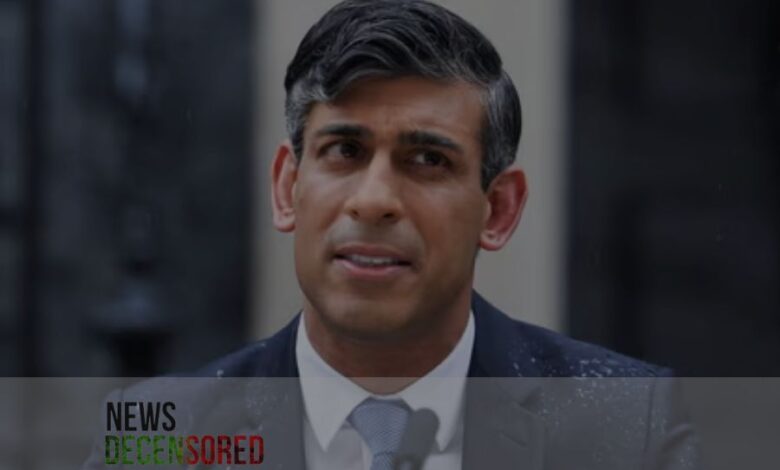Rishi Sunak Deemed ‘Bad Prime Minister’ by 68% in Poll

Rishi Sunak has been described as a “bad prime minister” since taking up the role two years ago. The recent poll conducted on Monday and Tuesday by the UK government revealed more symptoms of Great Britain voter discontent with Sunak’s leadership.
The survey indicates that the Labour Party is leading the Conservative Party by 27% in percentage results. This sharp gap, which is throwing headaches to Sunak and the Tories, reveals a possible swing of electorate sentiment in this election.
That can also be seen today, referring to the poll, which simultaneously states that Sir Keir Starmer is not spared. Based on the findings, 47% of respondents also reckon that Starmer would be a “bad prime minister” in case of victory in the 4th of July vote.
Another concerning finding for Sunak is that the poll shows that 19% of people who voted Tory in the last election plan to vote for Reform and 14% for Labour. This shift may raise issues about the Conservative Party as it struggles to hold on to voters.
However, looking at these numbers, one cannot help but wonder – there is no indication that Sunak will stop. During a question and answer session earlier today, he said, “I don’t concern myself with the polls. The only poll that counts is the 4th of July when all you get to choose for your future- that’s the poll I am focused on. “ He iterated his determination in the coming five weeks, saying, “I will be working my socks off to speak to as many people as possible.
The polling also reveals how the public views their economic standing. The majority of the respondents (42%) said that they are worse off now than they were six months ago, contrary to Sunak and his team’s belief that the country’s economy has ‘turned a corner’, while only 14% of the respondents said that they are better off.
Indeed, the dislike of Sunak and the Conservative Party is underpinned by the fact that Labour continues to enjoy a comfortable lead of 27 points. This lifts Labour upwards, indicating that the party will likely gain momentum the closer the election is, with the public disillusioned with the present government.
The polling results indicate a sign of disillusionment that characterises political systems. The general election is on the horizon, and the opponents struggle to persuade the voters of the party’s merits. While Sunak deals with criticism and the shrinking electorate for a particular party, Starmer also has the problem of scepticism regarding his Leadership.
There is also the Reform Party, which has prompted some belief that it has become a party with many of the Conservatives’ former supporters. This development shows that the party affiliation system is disintegrating, and the electorate responds more intricately and unpredictably.
As the campaign heats up, Sunak and Starmer must respond to the voters’ discontent, especially regarding the economy and leadership qualities. The general election result thus boils down to which leader will appeal more to the voters and better paint a picture of the future.
In conclusion, the most recent polls highlighted depict a tough time for Rishi Sunak and the Conservative party. Given Labour’s advantage and voter disapproval, the upcoming weeks will be decisive for further developing the situation before the 4 July election.




